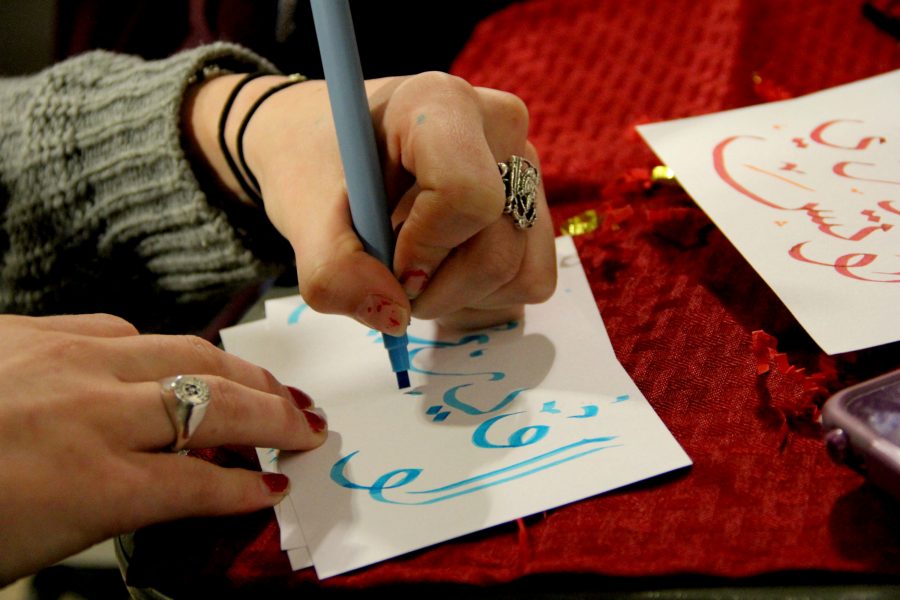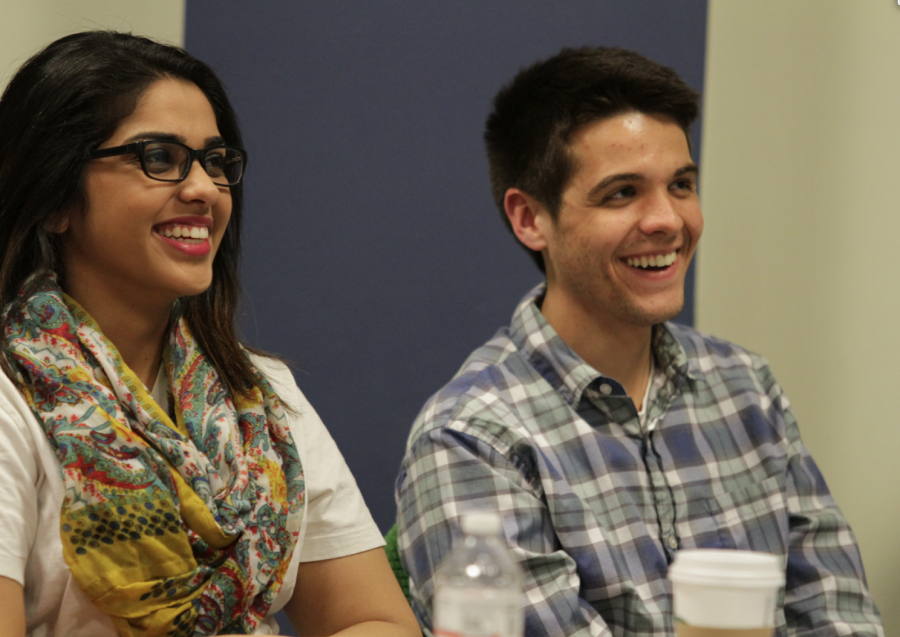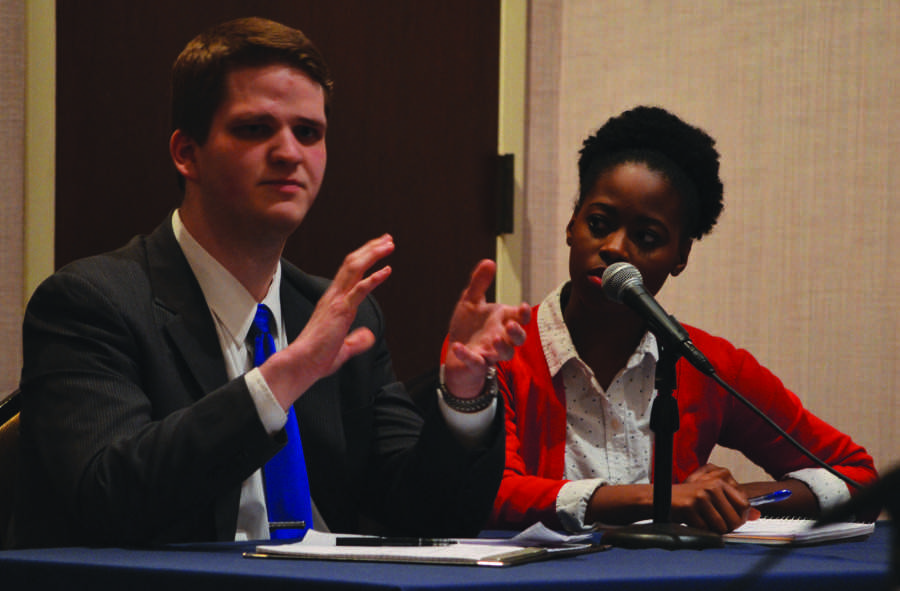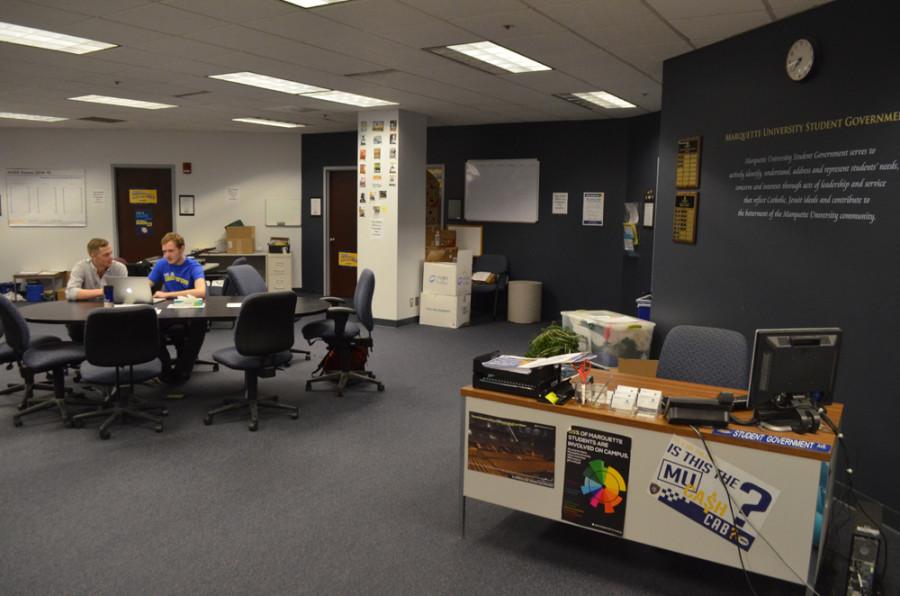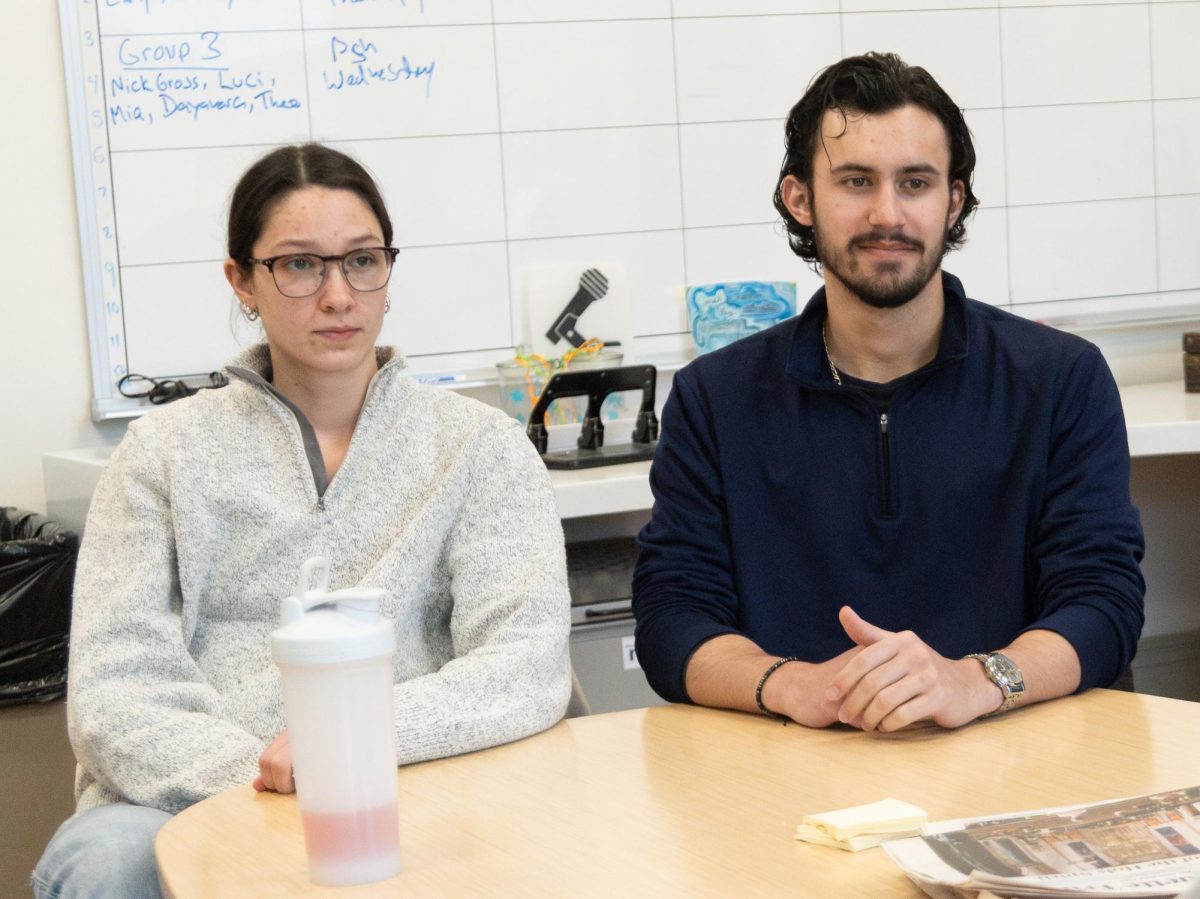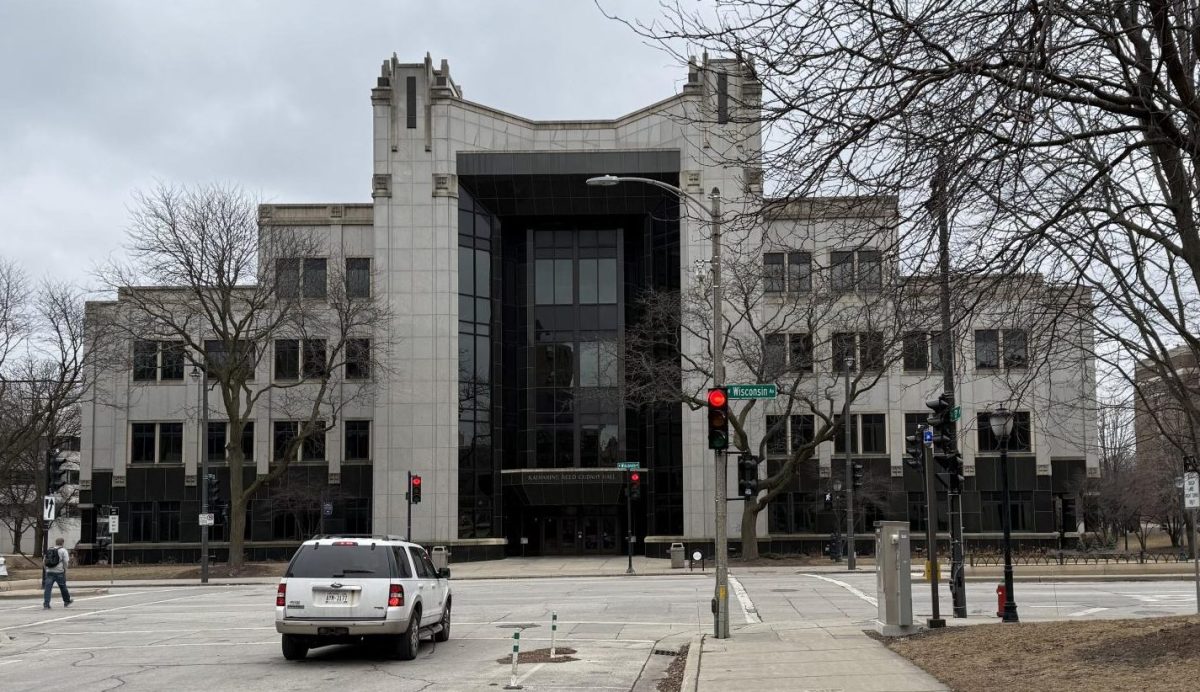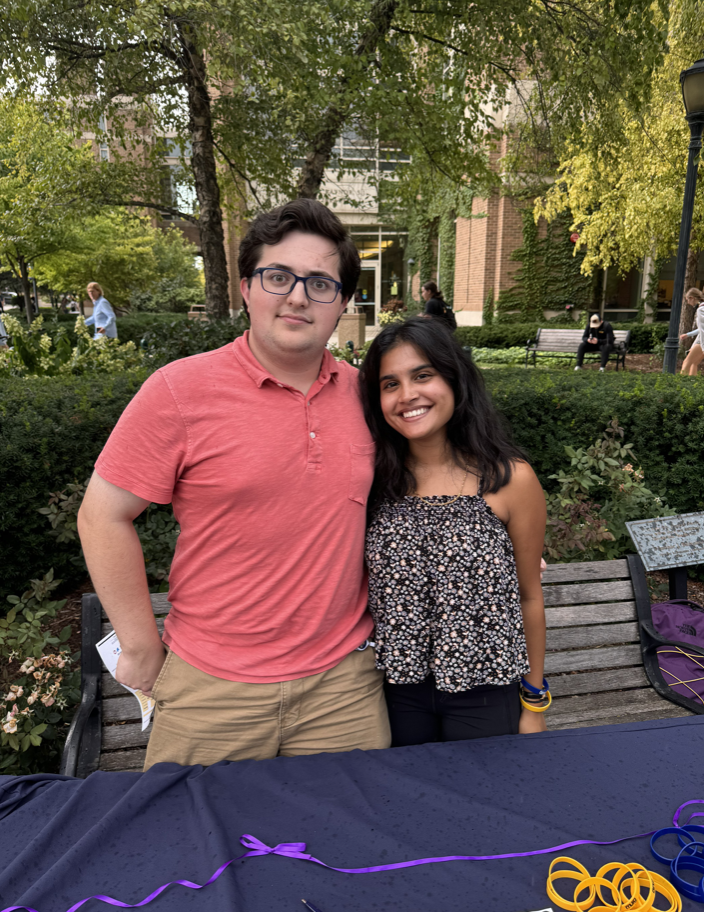Marquette Student Government, in reaction to 295 student petitioners and a small contingent of concerned students who attended last Thursday’s meeting, unanimously recommended Thursday that the university adopt an Arabic minor.
The legislation passed unanimously. Currently, students can take classes in Arabic but are unable to work toward a minor or major. The recommendation also comes as a reaction to a recent trend toward students studying Arabic.
From 2011 to 2012, enrollment in Arabic courses at Marquette increased from 60 to 89 students. A petition circulating among the student body requesting the establishment of an Arabic minor collected 295 signatures.
Nine concerned students also came to the meeting in support of the legislation. MUSG advisor Kate Trevey said the group was the largest she has seen at a meeting in three years.
If approved by the dean of the College of Arts & Sciences, the minor in Arabic would be available for student enrollment starting the 2013-2014 academic year.
MUSG Senator Kyle Whelton, author of the legislation, said a minor in Arabic would help students find work after graduation.
“Given the state of global affairs in the past decade and the amount of concentration there is on Arabic speaking nations … it is essential that these students have the ability to show mastery in this language to be a viable candidate in the job market,” Whelton said.
In order to implement the minor, Marquette would need to add an advanced-level Arabic course. There are currently four lower-division Arabic courses available.
Whelton said faculty would be able to support an Arabic minor and that no other major or minor offerings would be reduced.
Alexis Sammarco, a sophomore in the College of Arts & Sciences, said she enrolled in Arabic in order to improve her job prospects after graduation.
“Graduating in two years and not being able to put Arabic on my diploma is really frustrating,” Sammarco said.
She said Marquette needs to improve the Arabic program in order to keep up with higher education trends. Both the University of Wisconsin-Madison and the University of Wisconsin-Milwaukee offer degrees in Arabic.
Ayah Sarsour, a sophomore in the College of Arts & Sciences, said she has developed a passion for the language through her coursework.
“It’s a great program, and I don’t see why we don’t have a minor to show that it’s a great program,” Sarsour said.
The U.S. State Department labeled Arabic as a critical language in 2006. A critical language is a language in which there are not enough fluent speakers in America to ensure continued national and economic security in the country.
Whelton said the Office of International Affairs and the Department of Foreign Languages have explicitly stated their support of the establishment of an Arabic minor as well as the development of a Middle Eastern-North African interdisciplinary studies program.



